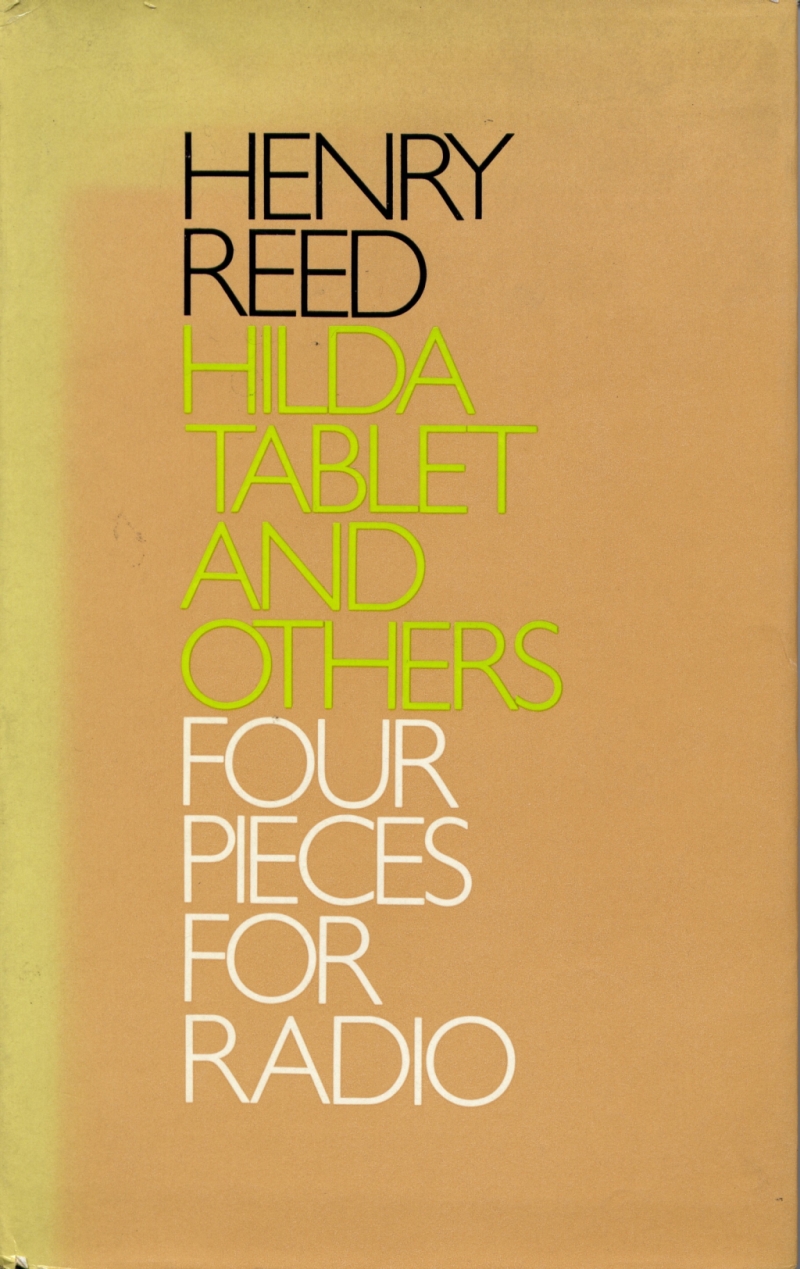For a long time I used to go to bed late. As often as not, the reason for this was that I was busy sorting my data. These were usually small details of fact, gathered from the Record Office, the London Library, the British Museum, or from ancient provincial newspapers: details that seemed relevant, if only I could understand why, to the life of a certain great novelist. A Life of him was what I was supposed, and still sometimes rashly suppose myself, to be working on. How many volumes it was to consist of I cannot now always remember, but I doubt if it was ever less than one.
My mind would often wander from my subject. Minds do this. And none more eagerly and rapidly, I came to notice, than those of the people I interviewed who had personally known my Author. They were invariably glad to help. From my encounters with them I would retire grateful and moved, full of tea and sherry, and, on one occasion, memories of what must have been almost the complete piano works of Brahms. They were fine men and women. But always, a few nights afterwards, once more sorting my data, I would realise that the main content of their disclosures had concerned, exclusively, themselves.
This struck me as a profoundly interesting fact in itself. After a time I began to diversify my nocturnal labours by a small dramatic study of it. It was called A Very Great Man Indeed. (The title comes from Joseph Conrad, though this, at the time, I did not know.) It was meant to be an austere little work, above all complete in itself. No sequel was intended. But, as it happened, there were a great number of sequels: and for this I think I can honourably shift the blame on to the actors and the composer of the music. In the first script, there was one particular scene whose enactment awoke in me a restless curiosity. At the end of it, my after ego Reeve attempts to turn over the manuscript pages of a sonata, which Hilda Tablet is playing on the piano. I used to watch this scene, rather than listen to it. It was played with such intense and anxious realism that, to this day, in recalling it, I find it difficult to believe that there was no piano in sight— The piano was far away, being soundly disciplined at that moment by the composer Swann. (This reminds me that you have, of course, a Swann of your own, a most sympathetic fellow, though desperately hooked, as I remember, on a 'little phrase' of music. I hope I am not being unduly smug in remarking that the phrases of my Swann have always tended to come in the larger sizes.)
Anyway, the scene fades bashfully out, as radio-scenes do; so does the music. But a short time afterwards, I found myself wondering what would have happened next between Reeve and Hilda. And how would Swann's sonata have gone on? And what about Stephen Shewin? I was greatly tempted to ask that the whole cast should come back and do some more. Hence, after a time, and one thing leading to another, the later scripts. Altogether, they totalled seven. The number is sometimes given as nine; but people exaggerate. I have selected the four given here, mainly because there is a faint, barely detectable story-line running through them. They have a happy ending, and I am glad to have managed this, for once.
I am afraid the book is a very poor return for the first volume of your immaculate Proust. A bread-and-butter letter perhaps: perhaps we might best think of it as that. Even so, the butter has been mainly provided by Donald Swann's music, Douglas Cleverdon's production, and the willingness of a brilliant cast to re-assemble itself year after year. This, I am sure, you know.
There are a few minor historical points about the scripts that may be worth mentioning. In the second of them, originally broadcast on the night of 24 May 1954, full frontal nudity was heard on radio for the first time, the author being quite unaware of what a trail he was blazing, and the scene itself having been passed on the grounds of unquestionable aesthetic and artistic necessity, fortified by the reverence and tact which the actors brought to it. Mind you, there were some whacking great cuts elsewhere. In these printed versions I haven't, I think, put back anything that was cut in the interest of time or proportion. On the other hand, a fair number of passages, accepted by the producer, and already recorded by the cast, were sometimes, at a late moment, ordered out by higher assessors, on the grounds of indelicacy. To the reclamation of these passages I have given, dear George, a most zealous attention.
Yours, ever affectionately,
Henry

